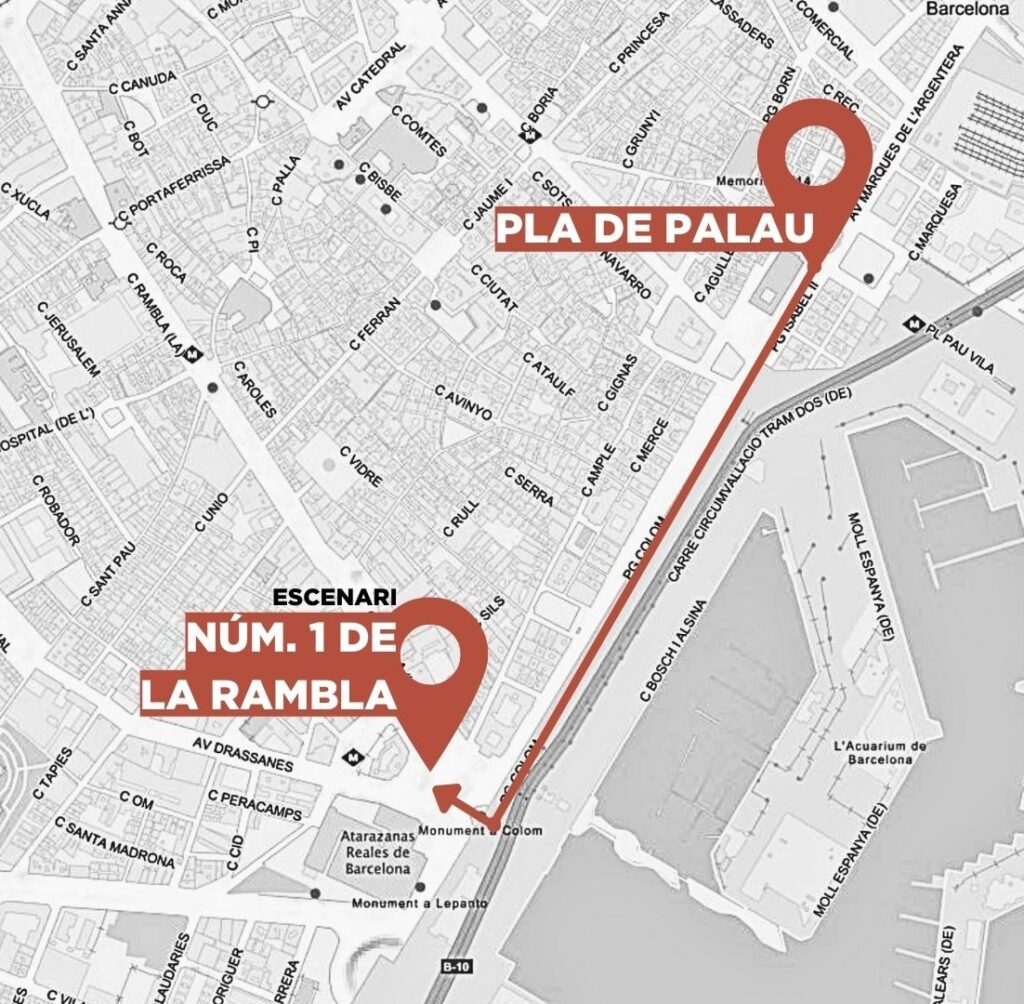The right of a people to self-determination is a cardinal principle in modern international law. It states that a people, based on respect for the principle of equal rights and fair equality of opportunity, have the right to freely choose their sovereignty and international political status with no interference.
After years of massive social and political struggles, on October 1st, 2017, an independence referendum was held in Catalonia. Despite the arrest of Catalan government officials and the violence of Spanish police to suppress the voting and to seize the ballot boxes, the referendum took place with a turnout of 43%, with 90% voting “Yes”. Consequently, on October 27, the Catalan parliament voted for secession.
Since that moment, the Spanish authorities have launched a systematic campaign of repression against the Catalan people, including the persecution of more than 3,300 peaceful activists and representatives, the imprisonment of civil and political leaders and the obstruction by the Spanish judiciary of Catalan elected representatives taking their seats in democratic institutions, including the European Parliament.
Pacifist activists and representatives have been spied on illegally with very intrusive spyware, and police have infiltrated Catalan social movements, which can create a chilling effect among Catalan society, experts have warned. It is all part of an attempt to quash dissent and criminalise the peaceful pro-independence movement.
These repressive actions have a huge negative impact on fundamental rights, especially the freedoms of speech, opinion, peaceful assembly, and the right to a fair trial and liberty and security as denounced by international institutions. And despite the passing of an amnesty law, it is applied unevenly.




